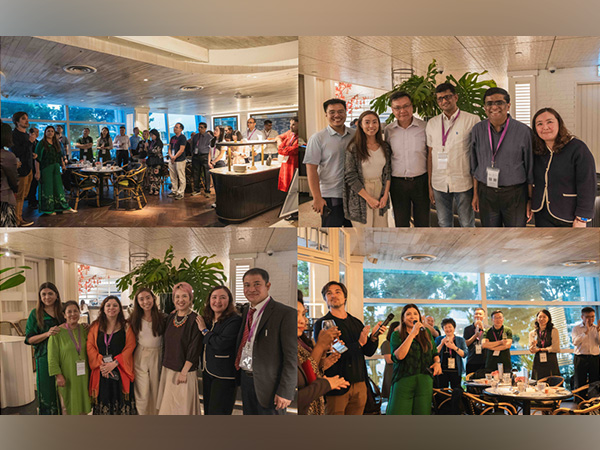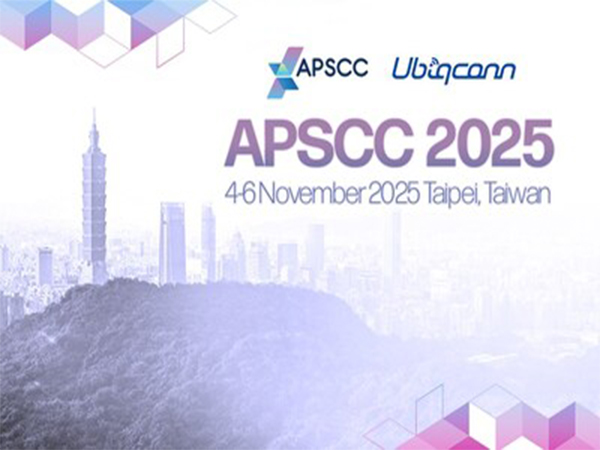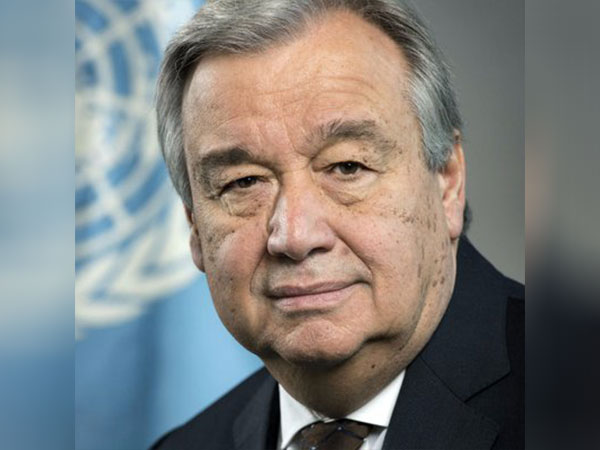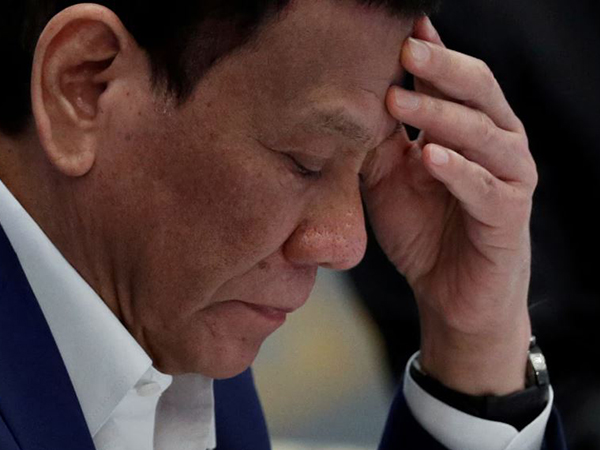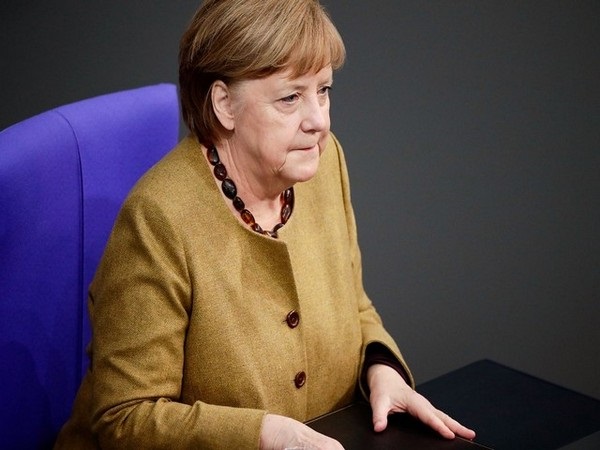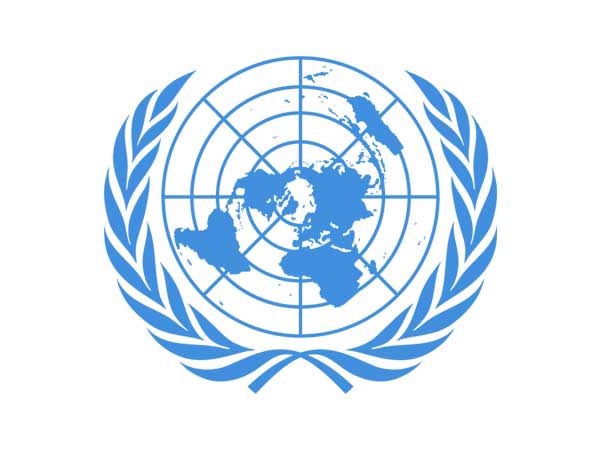SingHealth Duke-NUS Academic Medical Centre announces hackathon winners tackling health and climate challenges
Jan 24, 2025
VMPL
Singapore, January 24: Three innovative teams made up of participants from Indonesia, Malaysia, Mongolia and Thailand clinched the three prizes of the inaugural Asia-Pacific Global Health Innovation Hackathon 2025, held in Singapore. This first-of-its-kind initiative, hosted by the International Collaboration Office under the SingHealth Duke-NUS Academic Medical Centre, the SingHealth Duke-NUS Academic Medicine Innovation Institute and the SingHealth Duke-NUS Global Health Institute, brought together 16 dynamic teams from 13 Asia-Pacific markets. The event focused on addressing the urgent intersection of health challenges and climate change, fostering transformative and scalable solutions for some of the region's most pressing health issues.
A pitch session was held during the two-day event, where each team presented their concepts to a panel of judges from International Finance Corporation, the international non-profit global health organisation PATH, Singapore Deep-Tech Alliance, and the World Health Organization.
Team Lung Guardian - A diverse team comprising members from Thailand, Malaysia, and Mongolia, who studied together in the UK, developed an innovative solution to address paediatric respiratory diseases and asthma. Their proposal features a child-friendly biosensor integrated with AI-powered data analysis to monitor particulate matter, heart rates and oxygen saturation, providing real-time alerts and empowering users with timely health insights.
Team MyHeart Air - Hailing from Malaysia, this team presented a promising application programming interface to combat cardiovascular disease. Their solution offers real-time risk predictions for acute coronary syndromes (ACS) based on localised air quality levels that aims to reduce disease incidence and improve preventative care.
Team RodentWatch - This team from Indonesia presented a platform that offers real-time surveillance data and creates risk maps, highlighting alarming areas with rodent infestations and diseases to facilitate targeted public information and interventions to protect populations.
The three winning teams were awarded a six-month incubation programme, each valued at SGD 25,000, to further develop their concepts into fundable solutions. This programme includes mentorship from dedicated experts in health, sustainability, and innovation for all team members. As part of the experience, teams will take part in a two-week, in-person intensive incubation session in Singapore. The rest of the incubation programme will be conducted with virtual support and mentorship.
About the APAC Global Health Innovation Hackathon 2025
Climate change impacts human health through significant environmental alterations. Repercussions include deteriorating air quality, which exacerbates respiratory and cardiovascular conditions, and changes in temperature and rainfall patterns, which affect disease vector distribution. Further, increased extreme weather events such as typhoons and heatwaves contribute to water-related illnesses and heat strokes, while climate-induced changes in food systems heighten the risk of undernutrition and foodborne diseases. Climate change also has far-reaching consequences on mental health and overall well-being . These multifaceted health impacts underscore the urgent need for comprehensive climate adaptation strategies within health.
To address these pressing issues, the hackathon convened teams of three to four participants, comprising innovators, technical experts, researchers and healthcare professionals. Participants hailed from Bangladesh, China, India, Indonesia, Malaysia, Mongolia, Nepal, Singapore, Sri Lanka, Taiwan, Thailand, Philippines and Vietnam to develop potential data-driven solutions. During the hackathon, participants received expert guidance from mentors from Duke-NUS Medical School, the National Environment Agency, the National University of Singapore, Open Government Products (OGP), Singapore Biodesign Fellows, SingHealth, the World Health Organization and other participating organisations to help them refine and implement their solutions.
Professor Ng Wai Hoe, Group CEO, SingHealth, shared, "Climate change is not just an environmental issue; it's a pressing healthcare concern. Singapore's unique position as a densely populated, low-lying tropical city-state makes us especially vulnerable to rising temperatures and evolving infectious disease patterns. This hackathon, in line with our focus on transforming ideas to impact, is a unique platform for participants to innovate at the intersection of climate resilience and medicine to positively impact patient care. By bringing together diverse expertise in innovation, research, and medicine, we are catalysing solutions tailored to our communities' specific needs. Our goal is to pioneer smart, sustainable healthcare initiatives that will meet the challenges Singapore faces but be able to adapt and scale them across the region and beyond."
"This hackathon embodies the very essence of why we champion innovation -- to find creative solutions to pressing challenges, improve patient outcomes, and address the impact of climate change through technology and collaboration. We are organising the hackathon because by coming together across geographical boundaries, healthcare professionals can bring different perspectives to common problems and multiply the impact and reach of our innovations. This hackathon set to empower healthcare professionals from more than 13 markets to harness innovation, technology and redesigned workflows to create meaningful, scalable solutions at the intersection of climate resilience and human health," added Ms Lee Chen Ee, Group Director, SingHealth Division of Innovation & Transformation, and Co-Chair of the SingHealth Duke-NUS Academic Medicine Innovation Institute.
"Healthcare challenges transcend geographical borders. This event was an inspiring opportunity to unite participants from across the Asia-Pacific region and diverse backgrounds. Together, we harnessed collective expertise and perspectives to catalyse groundbreaking and culturally attuned solutions. Ultimately, we aim to transform these ideas into actionable steps toward a healthier and more equitable future for all," said Ms Vijaya Rao, Director, International Collaboration Office, SingHealth, and Deputy Director, Clinical Health Systems Programme, SDGHI.
This first-of-its-kind hackathon in the Asia-Pacific region was made possible by the generous support of The Moh Family Foundation. Beyond the event, it seeks to kick-start the establishment of a regional network of innovators in climate health innovation who will advocate the urgent need for solutions that can mitigate and manage adverse health outcomes. A post-event alumni network is now getting set up to further enhance interregional collaboration and foster the development of a thriving regional innovation ecosystem in climate health.
About SingHealth Duke-NUS Academic Medical Centre
The SingHealth Duke-NUS Academic Medical Centre (AMC) draws on the collective strengths of SingHealth and Duke-NUS Medical School to provide our patients and community with the best outcomes and experience.
By leveraging the synergies in clinical care, research and education created through our Academic Clinical Programmes, Disease Centres and Joint Institutes, the SingHealth Duke-NUS AMC fosters the exchange of scientific knowledge and clinical perspectives to accelerate innovation and new discoveries, advance the practice of medicine as well as nurture the next generation of healthcare professionals.
SingHealth delivers comprehensive, multi-disciplinary and integrated care across a network of acute hospitals, national specialty centres, polyclinics and community hospitals. Offering over 40 clinical specialties, SingHealth is Singapore's largest public healthcare cluster.
Duke-NUS, Singapore's flagship graduate-entry medical school, nurtures 'Clinician Plus' graduates to become leaders in the global healthcare and biomedical ecosystem, while scientists from its five Signature Research Programmes and 10 Centres transform medicine and improve lives in Asia and beyond.
For more information, please visit: www.singhealthdukenus.com.sg
About SingHealth Duke-NUS Global Health Institute
'Advancing Health and Wellbeing in Asia and Beyond.' The SingHealth Duke-NUS Global Health Institute (SDGHI) is an enabling platform for global health activities across the SingHealth Duke-NUS Academic Medical Centre. Harnessing the strengths and expertise of SingHealth and Duke-NUS Medical School, the institute aims to address current and emerging health challenges across Asia and beyond. Working in collaboration with partners globally, we seek to tackle prevalent health challenges, strengthen health systems, and better insulate countries from pandemics and disease threats.
For more information, please visit: www.duke-nus.edu.sg/sdghi
(ADVERTORIAL DISCLAIMER: The above press release has been provided by VMPL. ANI will not be responsible in any way for the content of the same)
